The Japanese foreign ministry said incidents have increased since Japan began releasing treated and diluted water from the Fukushima Daiichi nuclear power plant last week.
The ministry warned people to be careful when they go out, and take steps such as refraining from speaking Japanese loudly. It said they should pay close attention to their surroundings whenever they visit the Japanese Embassy or Japanese schools.
Incidents reported at Japanese schools in China
A stone was reportedly thrown at a Japanese school in Qingdao in Shandong Province on Thursday, the day the water discharge began.
The compound of another Japanese school in Suzhou in Jiangsu Province was reportedly hit with eggs on Friday.
The operators of the schools said no children were injured and no buildings were damaged. Both of the schools are stepping up their security.
Officials at the Japanese Embassy in Beijing and the Japanese consulates in other Chinese cities said they have received many calls complaining about the water release.
Embassy officials said they have increased the number of security staff. They said Chinese security authorities have also deployed more personnel around the embassy.
Harassing calls from China
In Japan, restaurants, schools and municipal offices have been receiving international calls from numbers starting with 86, China's country code.
One commercial facility in Fukushima Prefecture's Soma City, which was established as part of recovery efforts following the 2011 earthquake and tsunami, said it received at least 60 such calls on Friday. It said the calls sporadically continued throughout the weekend.
Yamada Yutaka, the facility's manager, said he had not expected the phone harassment.
"We've been lifting the receiver just to hang up," he said.
Fukushima police said they have received similar complaints from local municipalities and restaurants within the prefecture, saying that international calls from numbers starting with China's country code have been disrupting their operations. The police have advised them to register for services that prevent unwanted calls.
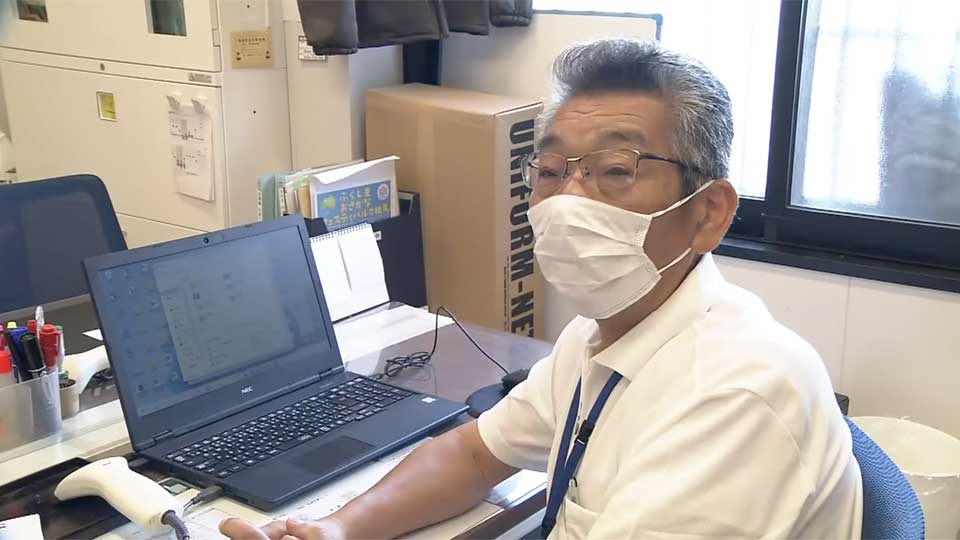
The phone harassment is not limited to Fukushima Prefecture. A public cultural facility in Tokyo's Edogawa Ward has also received many suspicious international calls apparently originating in China.
One caller said in Chinese that Japan was discharging "radioactive contaminated water." The facility allowed NHK to listen to another call from someone who said in Japanese, "Are you stupid? Why discharge contaminated water?"
An official at the facility said it received about 200 calls over a couple of hours on Saturday.
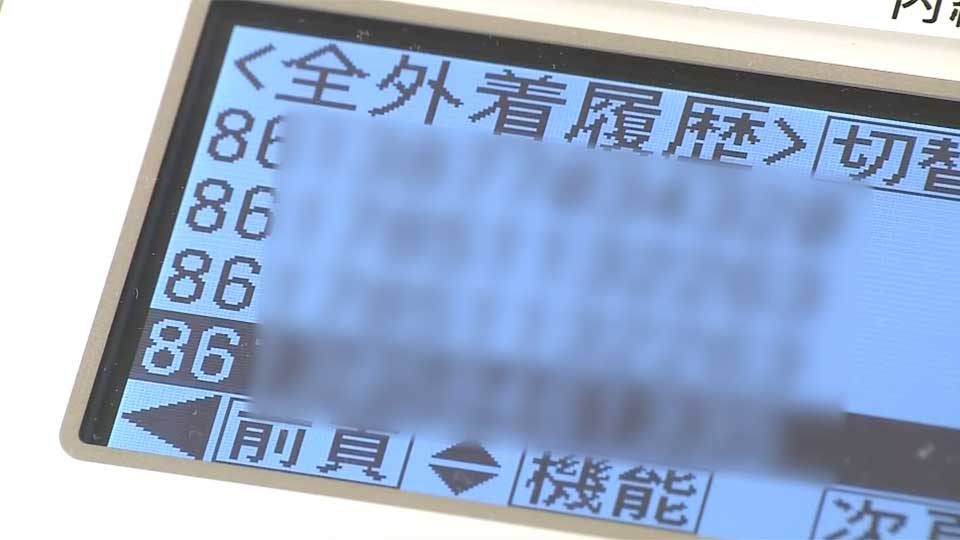
China social media posts urge people to call Japan
Posts on Chinese social media Weibo urged users to condemn Japan for releasing what the posters call "nuclear contaminated water."
The posts provided Japanese phone numbers for people to call to complain.
One video posted online apparently showed a man calling an organization in Tokyo to criticize the water release.
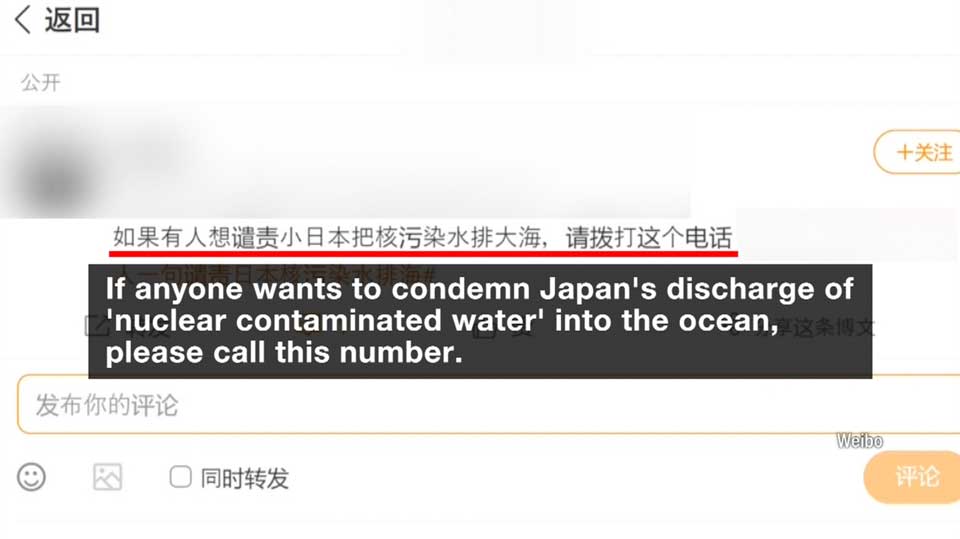
Other Chinese social media posts urged people to avoid using Japanese cosmetics for safety reasons without citing any evidence.
One person posted a list of cosmetics-related Japanese brands whose products the poster appears to believe are radioactive.
Several Japanese cosmetics firms have responded on their websites that their products meet all safety standards.
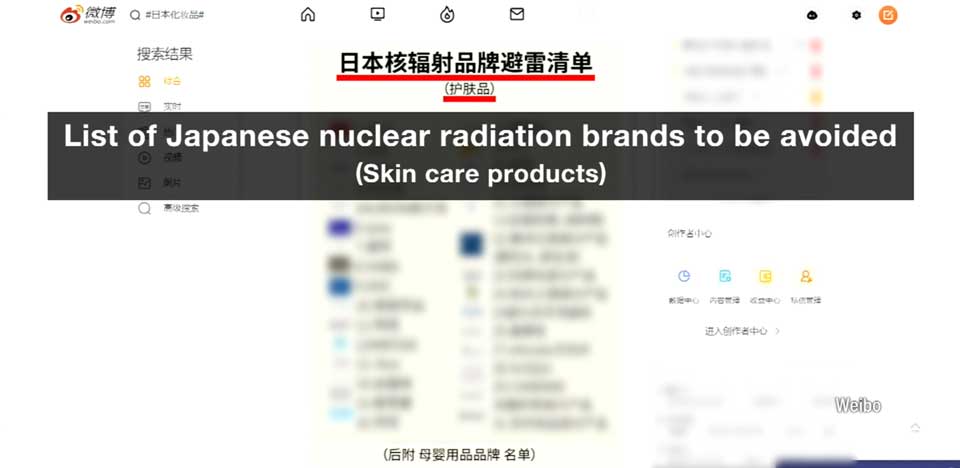
China: Japan's water release 'extremely selfish and irresponsible'
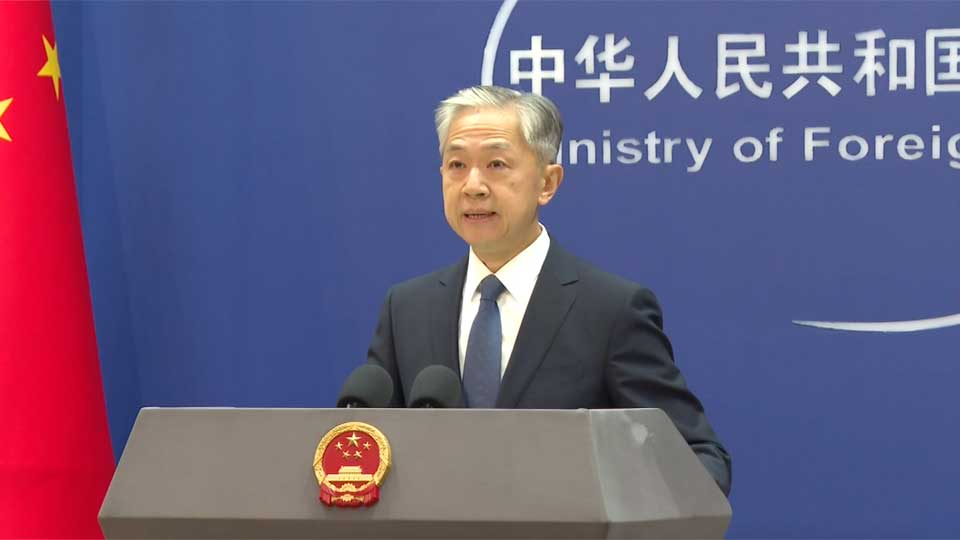
China remains opposed to Japan's water release, calling it "an extremely selfish and irresponsible act." It also said Japan "should immediately rectify a selfish act that shifts the risk of contamination to the whole world."
Beijing has not responded on whether China will participate in a science-based discussion about the water release among Japanese and Chinese experts, which Tokyo has proposed.
Japan pledges to continue to provide scientific information
Japan's Chief Cabinet Secretary Matsuno Hirokazu called the harassment "extremely regrettable."
"The Japanese government will continue to provide detailed information based on scientific evidence with high transparency," he said at a news conference on Monday.
Matsuno said he is aware of media reports of Japanese product boycotts in China and cancellations of trips to Japan. He said that Japan will continue to call on the Chinese government to provide accurate information about the treated and diluted water.
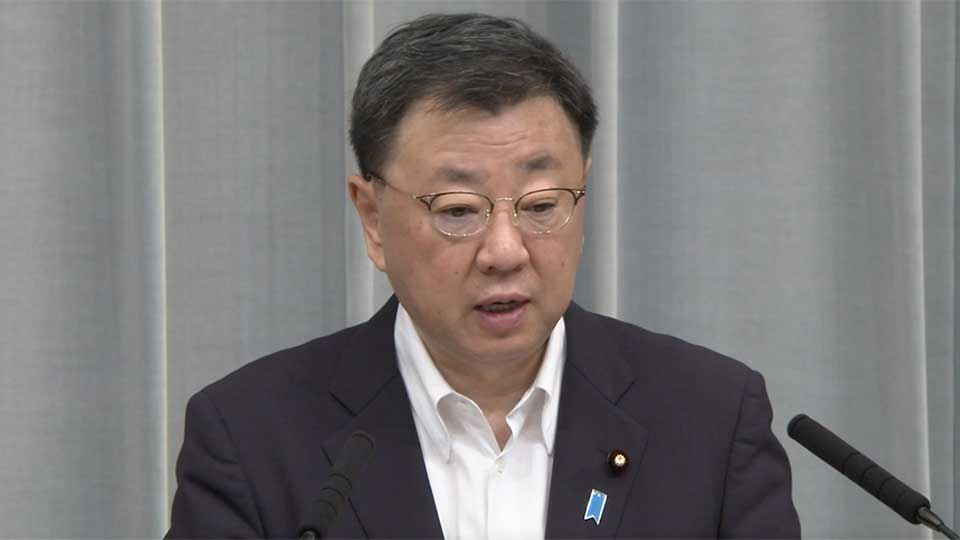
Japan's water release is also casting a shadow over the two countries' diplomacy.
Yamaguchi Natsuo, head of Japan's junior coalition party Komeito, had been scheduled to travel to China on Monday for a three-day visit, but postponed his trip.
Komeito officials on Saturday said Beijing told the party that the trip's timing was no longer appropriate, given the state of bilateral relations between the two countries. The officials added that the decision to delay the trip was made in consultation with China.
